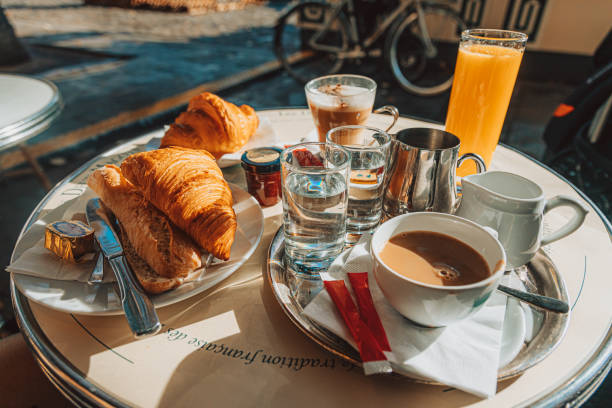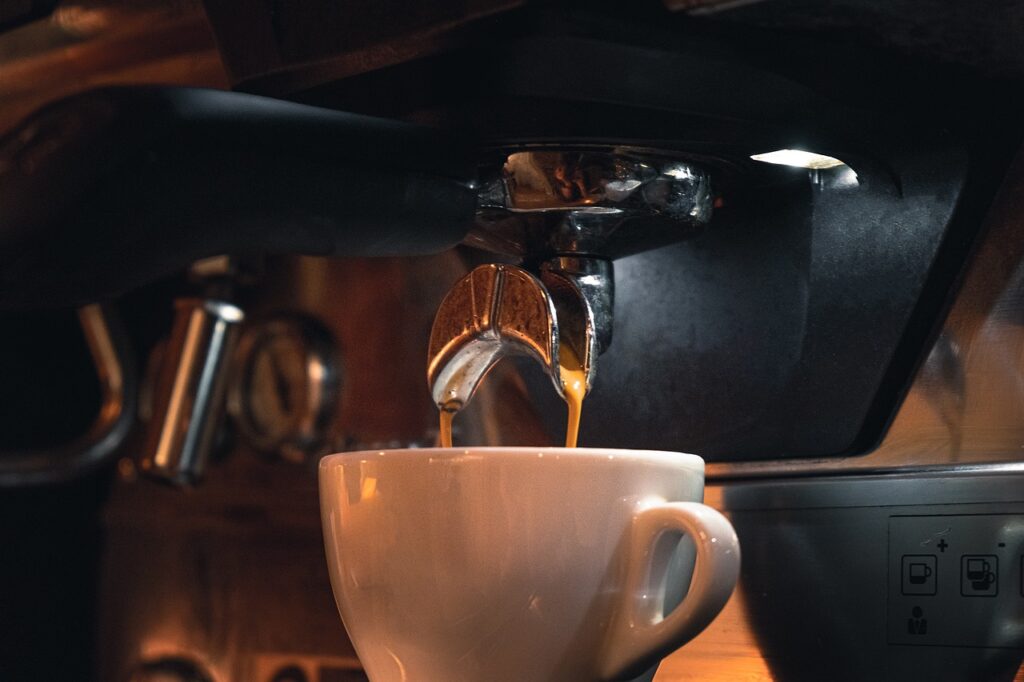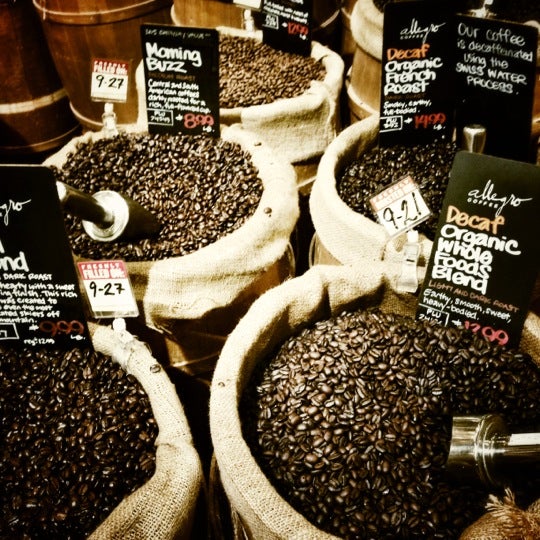Instant Coffee: How It’s Made and Why Its Quality Is Excellent.
Coffee is one of the world’s most beloved beverages, enjoyed by billions every day. While freshly brewed coffee often takes the spotlight, instant coffee has quietly secured its place as a global favorite. Loved for its convenience, affordability, and increasingly impressive quality, instant coffee is now consumed by over 50% of coffee drinkers worldwide on a regular basis.

But what makes instant coffee so popular? How is it produced, and is it really as good as freshly brewed coffee? This in-depth guide explores the history, production process, quality standards, advantages, and best practices for making the perfect cup of instant coffee.
A Brief History of Instant Coffee.
Although coffee itself dates back centuries, instant coffee is a relatively modern innovation.
- 1771 (England): The earliest documented patent for “coffee compound” resembling instant coffee.
- 1890 (New Zealand): David Strang patented the first commercially successful instant coffee.
- 1938 (Switzerland): Nestlé launched Nescafé, revolutionizing instant coffee during WWII, when soldiers needed portable caffeine.
- 20th century onward: Instant coffee spread globally, becoming a staple in homes, offices, and travel packs.
Today, instant coffee represents over one-third of global coffee consumption, particularly in Asia and Eastern Europe.
From Bean to Granule: The Journey of Instant Coffee.

Instant coffee production is a scientific process that balances flavor preservation, shelf stability, and solubility. Let’s walk through the steps in detail.
1. Sourcing and Selection
- Arabica beans: Provide delicate, floral, and slightly sweet notes.
- Robusta beans: Add strength, body, and higher caffeine content.
Most instant coffees are a blend of Arabica and Robusta, striking a balance between smoothness and intensity.
2. Roasting
Beans are roasted to highlight flavor potential. Lighter roasts preserve acidity and fruit notes, while darker roasts create a more robust, caramelized taste.
3. Grinding & Brewing
Roasted beans are finely ground, then brewed on an industrial scale to create a concentrated liquid extract, much stronger than traditional coffee.
4. Concentration
The brewed liquid undergoes evaporation to remove excess water, creating a thick coffee concentrate.
5. Drying – Spray vs. Freeze Drying.
This is the crucial stage where brewed coffee becomes instant coffee:
- Spray Drying (Most Common)
- Coffee extract is sprayed into a chamber of hot air.
- Water evaporates instantly, leaving behind fine powder or granules.
- Pros: Fast, cost-effective, widely used.
- Cons: Can lose some delicate aromas and flavors.
- Freeze Drying (Premium Method)
- Coffee extract is frozen at extremely low temperatures.
- Ice is removed via sublimation under vacuum (solid → vapor).
- Produces larger, golden crystals that dissolve smoothly.
- Pros: Superior flavor preservation, less bitterness.
- Cons: More expensive to produce.
Why Instant Coffee Looks Different.
Not all instant coffee is created equal. Differences in appearance and texture can be explained by:
- Drying method: Spray-dried = fine powder; freeze-dried = chunky crystals.
- Bean ratio: Arabica-heavy blends are lighter; Robusta-rich blends are darker.
- Additives: Some brands include milk powder, sugar, or flavorings.
The Pursuit of Quality in Instant Coffee.

Decades ago, instant coffee had a reputation for being “cheap and bitter.” Today, that has changed. Advances in roasting, extraction, and drying technology allow manufacturers to capture more of coffee’s natural flavor.
Modern instant coffee benefits include:
- Smooth, balanced flavor with reduced acidity.
- Cleaner finish due to controlled roasting.
- Variety of premium single-origin and specialty options.
Even coffee connoisseurs are beginning to acknowledge that high-quality instant coffee can rival drip or French press in flavor, especially freeze-dried varieties.
Global Popularity of Instant Coffee.
Instant coffee is especially beloved in regions where convenience is essential and coffee culture is growing rapidly.
- Asia-Pacific (Japan, China, South Korea, Indonesia): Accounts for over 50% of global instant coffee consumption.
- United Kingdom & Australia: Strong instant coffee traditions, with supermarkets filled with dozens of options.
- United States: Historically brewed-coffee dominant, but instant coffee sales are rising thanks to specialty brands.
Health Benefits and Considerations.
Instant coffee is nutritionally similar to brewed coffee, with some subtle differences:
- Antioxidants: Contains nearly the same antioxidant compounds, which support heart health and reduce inflammation.
- Caffeine: Slightly less caffeine per cup than brewed coffee (about 60–80mg vs 95mg).
- Acrylamide: Instant coffee contains slightly higher levels of this compound from roasting but well below harmful limits.
Overall, instant coffee is a safe, beneficial, and energizing option.
Why Instant Coffee Is Worth Enjoying.
- Unmatched Convenience – Just add water. Perfect for travel, office breaks, or emergencies.
- Affordability – Generally cheaper than specialty brewed options.
- Versatility – Great for hot coffee, iced coffee, and recipes like whipped Dalgona coffee.
- Gentler on Stomachs – Typically lower in acidity than freshly brewed coffee.
- Long Shelf Life – Stays fresh for months or even years.
How to Make the Perfect Cup of Instant Coffee.

Even though instant coffee is quick, a few simple tricks can enhance flavor:
- Use fresh, filtered water – Tap water can introduce unwanted tastes.
- Heat properly – Avoid boiling water (ideal: 80–90°C / 175–195°F) to prevent bitterness.
- Adjust the ratio – Start with 1 tsp per 8 oz, then customize strength.
- Stir thoroughly – Helps dissolve granules evenly.
- Customize your cup – Add milk, cream, sugar, honey, or spices like cinnamon and nutmeg.
- Try iced instant coffee – Dissolve in warm water first, then pour over ice for a refreshing drink.
Sustainability and Instant Coffee.
Sustainability is becoming a key focus for instant coffee manufacturers:
- Eco-friendly packaging – Glass jars and recyclable sachets are replacing plastics.
- Ethically sourced beans – Fairtrade and Rainforest Alliance certifications ensure farmers are supported.
- Efficient processing – Freeze drying, though energy-intensive, is evolving with greener technologies.
Choosing certified brands helps support both the environment and farming communities.

Coffee Travel Guide: Best Cafés and Roasters Around the World.
For coffee lovers, exploring the world often means discovering unique cafés and specialty roasters. From local hidden gems to famous…

Sustainable Coffee: How to Drink Responsibly.
Sustainable Coffee: How to Drink Responsibly. Introduction Sustainable coffee isn’t just a trend it’s a movement that supports farmers, protects the environment,…
Coffee Storage Tips: Keeping Beans Fresh and Flavourful.
Coffee Storage Tips: Keeping Beans Fresh and Flavourful. Introduction Fresh coffee starts with proper storage. Even high-quality beans lose flavour and aroma…
Specialty Coffee Drinks: Lattes, Cortados, and More Explained.
Coffee culture isn’t just about black coffee it’s also about specialty drinks that combine espresso, milk, foam, and ………………. Read…
Coffee and Sleep: How to Enjoy Your Brew Without Insomnia.
Coffee can be a lifesaver in the morning, but drinking it at the wrong time can disrupt sleep and impact…
Healthy Coffee Habits: Enjoy Your Brew Without the Guilt.
Healthy Coffee Habits: Enjoy Your Brew Without the Guilt Introduction Coffee can be one of life’s greatest pleasures, but many people worry…
Conclusion
Instant coffee has come a long way from its humble beginnings. Once considered inferior, it is now recognized as a quality, versatile, and enjoyable option for millions worldwide. Thanks to advances in bean selection, roasting, and drying technology, today’s instant coffee is flavorful, aromatic, and convenient.
Whether you’re rushing out the door, working remotely, or traveling, instant coffee ensures a delicious, reliable cup with minimal effort. By appreciating its craft and experimenting with preparation, coffee lovers can discover why instant coffee remains a true modern classic.
Author

Brendon McAliece has spent more than 45 years immersed in a passion for coffee, exploring beans, brewing traditions, and café cultures across the globe.
A multilingual expat fluent in Thai, three Thai dialects, Lao, and European languages, he values the role of coffee and language in building cultural connection.
His diverse background also includes over three decades in flight simulation and PC building, alongside two decades of service as a jet fighter weapons and egress technician.
Learn more @
DreamingGuitar.com – DreamingCoffee.com – LetsFlyVFR.com
Home – Blog – Shop – About
As an Amazon affiliate I may earn on qualifying sales.
Explore More Coffee Experiences
Dive deeper into the world of coffee with these guides from DreamingCoffee:
- Cover the Remarkable Flavours! – Learn how to grow coffee at home and explore Arabica & Robusta varieties.
- Heavenly Harmony: Coffee & Chocolate – Discover coffee and chocolate pairings and indulgent treats.
- Coffee House: Social & Cultural Spaces – Explore the history and culture of coffee houses worldwide.
- 10 Coffee Break Ideas – Boost your energy and focus with creative coffee breaks.
- Manual Coffee Grinding Guide – Perfect your coffee grinding and brewing skills.
As an Amazon affiliate I may earn on qualifying sales.







